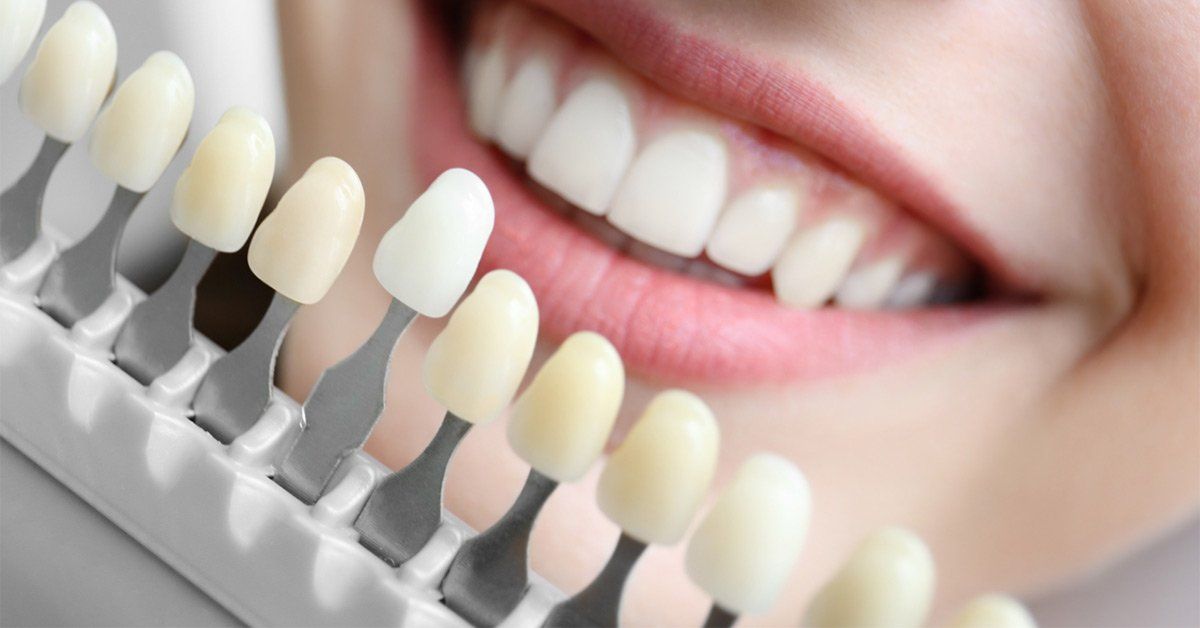:max_bytes(150000):strip_icc()/shutterstock_562328038_0-06e70110e4344e1c99b436e7afd728b5.jpg)
Watching a baby grow can be a wonderful experience, but it also comes with some rough patches. Teething can be one of those moments. As your baby’s teeth grow in, it can cause a lot of pain in discomfort. You can help them through the process with the right knowledge and products.
How To Know Your Baby Is Teething
To help your child through teething, you need to know the signs that the process has started. One thing to watch for is increased drooling. Teething causes the mouth to make more saliva so your baby will have more drool. That excess saliva can also cause teething at night so keep an ear out for unexpected coughing.
You’ll also see changes in your baby’s behavior. Babies often start chewing and gnawing on objects to soothe their gums and alleviate discomfort. They can also be more irritable and fussy since they are uncomfortable as the teeth break through the gums. Pain associated with teething may also cause a baby to lose his or her appetite while also making it harder to sleep.
You may notice some or all of these issues before you start to see baby teeth peeking through the gums, so be prepared at the first signs of teething.
How To Ease Baby Teething Symptoms
So what can you do to make the baby feel better? Many people have probably heard family remedies that have been passed down through the generations, but there are a few reliable things that work.
You can try to massage the gums to ease the discomfort. Do this with a clean finger or damp washcloth. This is also a good time to use sleep spray for babies which includes clove and spearmint to ease the irritation.
Applying a cold compress to the baby’s gums can help to numb the area and relieve pain. You can use a cold washcloth, a chilled teething ring or a frozen pacifier for this purpose. Giving the baby chew toys will also help. The chewing motion will relieve some of the discomfort. Having chew toys available also reduces the risk of a teething baby chewing on a random item that could be hazardous.
Using baby bundle packages can also help soothe your child. They may include gripe water which is often used for upset stomachs, the calming effect can also help a baby who is irritated by incoming teeth. Follow the dosage guidelines carefully to make sure you give your baby the right amount.
As the teeth come in, take time to keep your baby’s mouth very clean. You want to prevent the chance of infections. Simply wiping the baby’s gums with a clean, damp cloth after feeding goes a long way and is the start of your baby’s good oral hygiene habits.
Helping Your Baby Through Teething
Teething can be a challenging time for both babies and parents. It is important to be patient during this time and to offer plenty of love and comfort to your baby. By preparing yourself, you’ll be ready to go through this important development phase.






